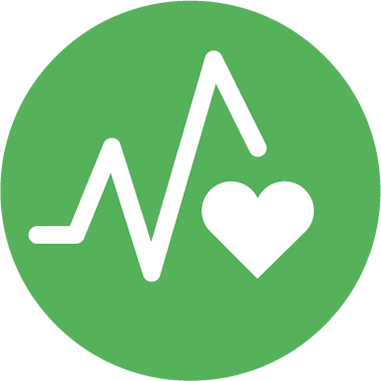Did you know?
Around 99% of Brazil’s urgent medical shipments (including organs and blood) are sent by air, free-of-charge, through a project supported by 15 Brazilian airlines.
Relevance to aviation
![]()
A key focus in this SDG for most modes of transport is around safety. Aviation has a strong track record, developing a robust safety culture that has extended throughout the industry. Whilst we can never relax in this area, it is something that the whole aviation community can be proud to support.
In addition, by building on its speed advantage, aviation promotes access to vital medical care through the use of air ambulances in remote communities and transporting time-sensitive medical supplies, such as vaccines. Aviation also plays a major role in disaster relief.
Examples of action
- The Norwegian government operates an air ambulance programme, which provides vital access to healthcare for those in remote areas of the country.
- Airlines are often used to transport organs for transplants. In Brazil, an alliance of airlines and medical organisations coordinates this programme.
- Cargo airlines are used to transport time-sensitive vaccines, which must be stored in specific conditions. In 2012, UPS transported 375,000 vaccines to Laos.
- The GMR Group, which operates Indira Gandhi International Airport, conducts a number of health-based initiatives in India through the GMR Foundation, such as its HIV/AIDS awareness campaign.
- Phoenix Air developed an aircraft quarantine system to transport aid workers infected by Ebola from Western Africa to the United States for treatment.
Learn more in the Flying in Formation report


